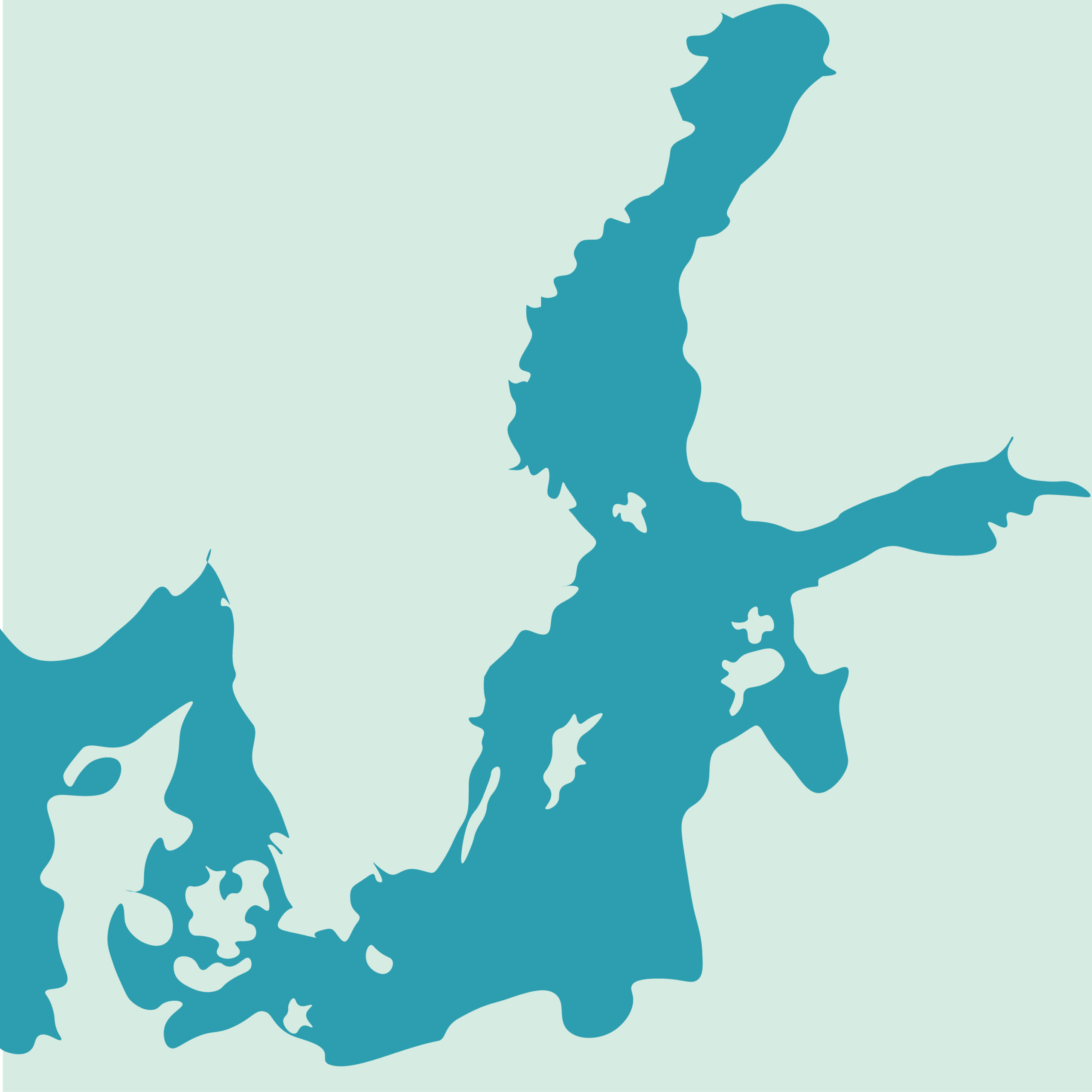BalticWaters has launched a long-term program to support research and pre-studies, aiming at a better understanding of our local environments and contributing to knowledge development about measures that can restore and preserve them. Each year, the foundation awards grants to a number of research projects with the potential to contribute to a healthier environment in the Baltic Sea and at the same time can form the basis for knowledge-based decisions for better management of our inland sea. This year, four projects have been awarded grants:
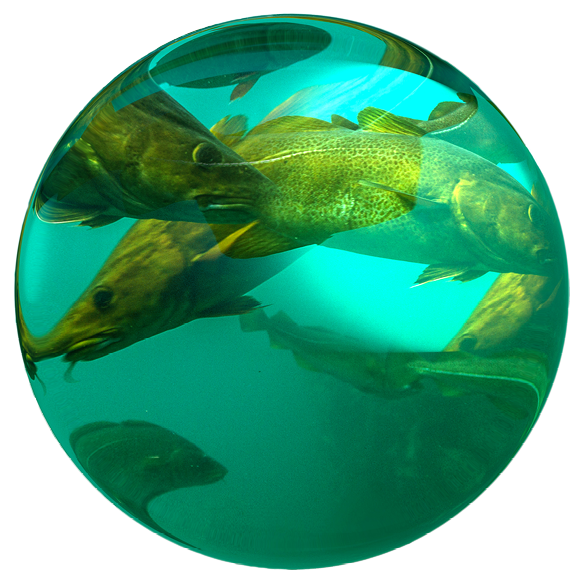
Hanö Cod reef
Anders Persson, Lund university
Better opportunities for the cod to hide from predators have been proven to be positive for the cod’s growth and recovery of local populations. The goal of the project is to improve the conditions for cod by constructing artificial reefs made by hollow concrete blocks in Hanö bay off the east coast of Skåne. Hanö bay is one of the most important areas for the Baltic cod, offering good opportunities for foraging and located near one of the few cod spawning grounds in the Bornholm depth. The effects of the artificial reef will be evaluated to further develop and improve them – while at the same time increase knowledge about the cod. Read more about the project here.
Long-term and high-frequency water quality monitoring for improved evaluation of the effects of measures and climate change
Magdalena Bieroza, Swedish University of Agricultural Sciences
There is a need for increased understanding of different types of measures and their placement to make informed decisions in the continued work to reduce eutrophication in the Baltic Sea. The goal of the project is to evaluate the effects of measures such as structural liming, wetlands, and two-stage ditches with regards to water quality in two areas representative of Swedish agriculture, soil type and climate. By combining long-term and high-frequency water quality data, the project will evaluate which factors control the effectiveness of the different measures and whether they can lead to reduced nutrient supply from land to the Baltic Sea. Read more about the project here.
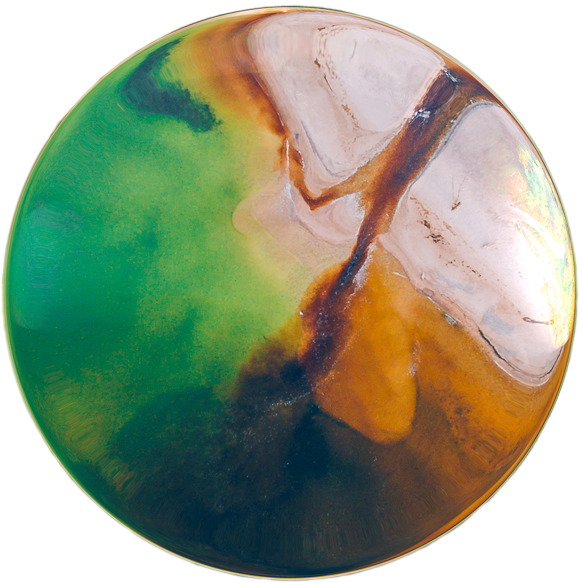
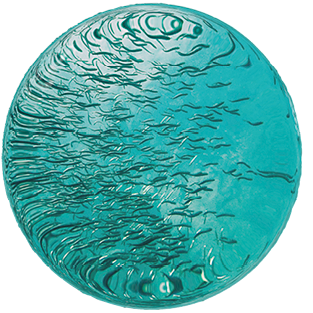
Understanding the life histories of small pelagic fishes for knowledge-based management decisions and a healthier Baltic Sea environment
Francesca Vitale, Swedish University of Agricultural Sciences
Knowledge about age and growth of fish in the Baltic Sea is often incomplete, or even incorrect, which leads to insufficient knowledge of its importance for the ecosystem and fisheries. The goal of the project is to research the age and life expectancy of herring and sprat to increase understanding of the Baltic Sea ecosystem. Recent developments in genome studies show that the age structure is important for long-term sustainability – knowledge that ultimately contributes to the management of ecosystems and a healthier Baltic Sea. Read more about the project here.
Do parasites and hypoxia prevent a recovery of Eastern Baltic cod?
Ulf Bergström, Swedish University of Agricultural Sciences
The Baltic Sea’s eastern cod stock is today highly threatened due to overfishing combined with lack of oxygen, parasites, and seal predation. Although cod fishing in the Baltic Sea has been stopped since 2019, the stock has not recovered. The cod is small, lean and is growing slowly. The goal of the project is to examine how oxygen deficiency and liver parasites individually, and in combination, affect growth and well-being trough comparative field studies and experiments. The results of the studies will increase our understanding of the importance of oxygen deprivation and parasitic load for cod growth and may help develop management measures to conserve Baltic cod.
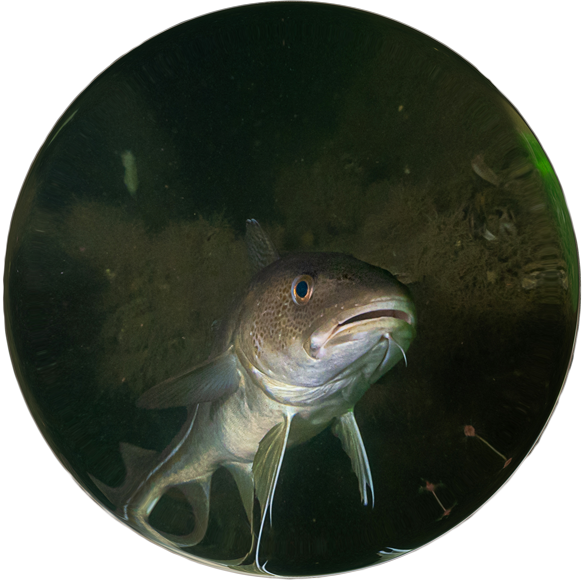

Read about the projects that were funded in 2023 here.
